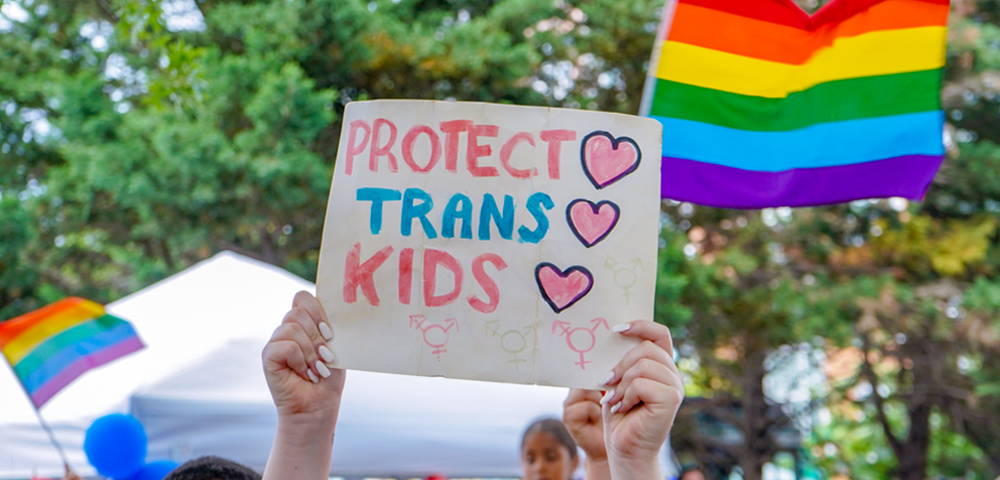
Haneef’s case a warning
You may be forgiven if you missed the Australian Federal Police’s (AFP) announcement last week that it had insufficient evidence to institute proceedings for criminal charges against Brisbane doctor, Dr Mohamed Haneef, after an anti-terrorism investigation spanning several months.
The quiet manner in which this announcement was made stands in stark contrast to the AFP Commissioner Mick Keelty’s usual vainglorious style. However, it should be no surprise that the AFP were trying to minimise attention over their manifest failure to carry out a fair and competent investigation in Australia’s most highly publicised anti-terrorism case.
If the actual evidence against Dr Haneef was so scarce, one has to question why Commissioner Keelty felt comfortable fronting the media last year to announce that the AFP had made a critical counter-terrorism breakthrough in arresting Dr Haneef.
The paucity of evidence also didn’t seem to hinder the then-Immigration Minister, Kevin Andrews, acting prematurely to revoke Dr Haneef’s visa before the investigation was concluded.
Prior to the election, Prime Minister Rudd promised a full judicial inquiry into the AFP’s bungled investigation. However, Rudd has failed to deliver on his promise. Instead, we have been given an inquiry with highly limited terms of reference and even more limited powers of inquiry.
The terms of reference do not allow a finding to be made on the conduct of Commissioner Keelty. Further, Minister Andrews’s blatant use of this matter for political advantage is beyond the scope of the inquiry.
The manner in which this investigation was handled goes to the heart of how liberal democracies, such as Australia, handle the threat of terrorism. So-called democratic governments around the world are increasingly willing to raise the spectre of terrorism to enact authoritarian laws and justify conduct which the population would not otherwise countenance.
Dr Haneef’s case stands as a stark reminder that the threat of terrorism is best dealt with through existing laws and processes. If Dr Haneef was subject to the usual investigative and judicial processes, free from political interference, we would not have a situation where a man was imprisoned without just cause.
If anything good is to come out of this fiasco, let’s hope it is a renewed debate on the dangers of deviating from the rule of law in so-called states of emergency.










true.